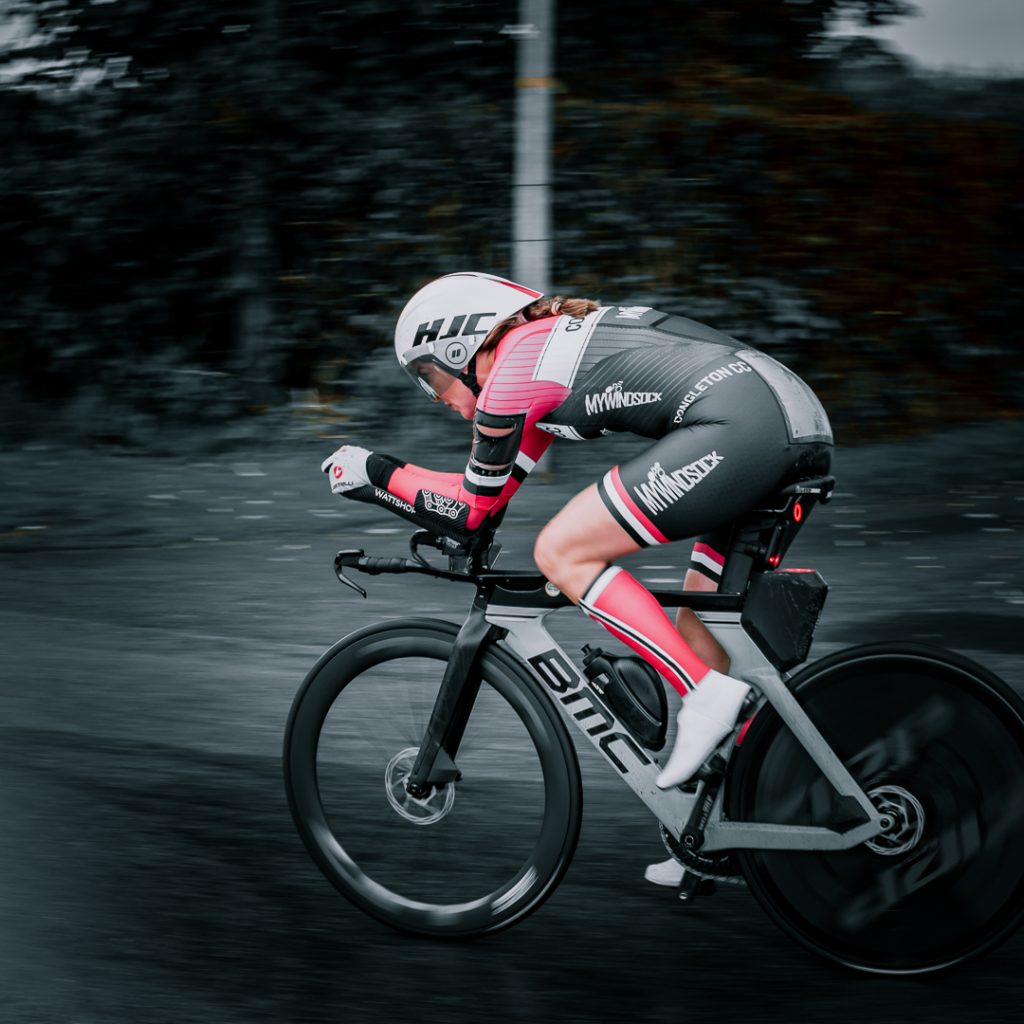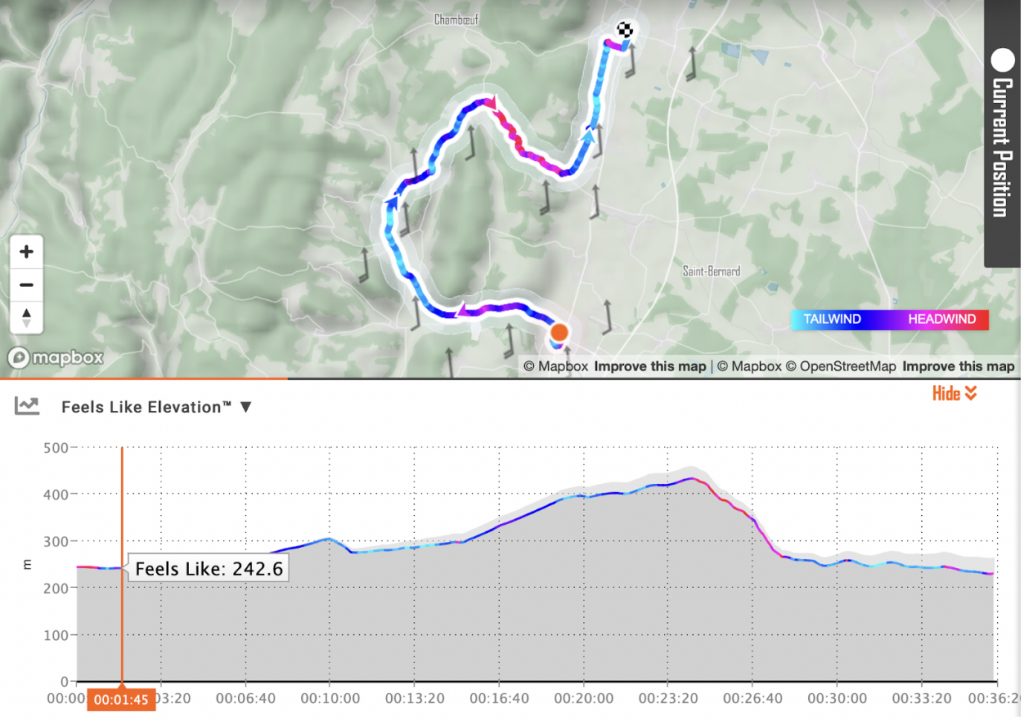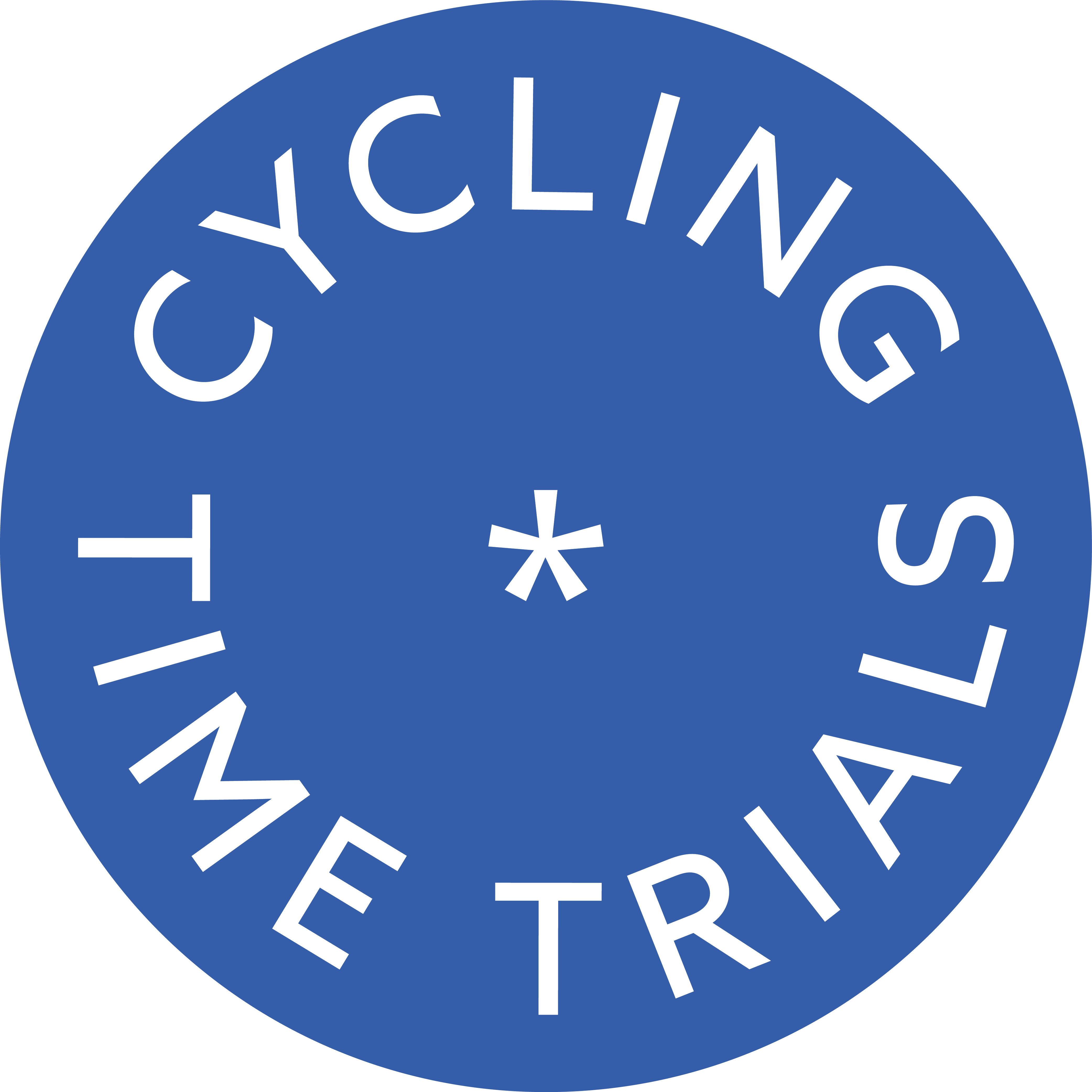
In recent weeks we’ve seen two of the current crop of elite GC talent put on amazing time trials, Pogacar in the Giro and Remco in the Dauphine. The really interesting thing about this is that both riders beat “TT specialists” – Tarling was bettered by Remco Evenepoel while Ganna was beaten by Pogacar on stage 7 at the Giro. Both of these efforts were over rolling courses too and relatively long (more than half an hour) which gives us quite a rare opportunity to compare two relatively comparable time trials that took place in different countries.
What happened at the Giro – a reminder:
Tadej Pogačar of UAE Team Emirates stormed to an impressive victory on stage 7 of the Giro d’Italia back in May, dominating the 40.6km individual time trial from Foligno to Perugia. His stellar performance not only extended his lead in the maglia rosa but also brought him closer to clinching the overall victory.
Filippo Ganna from Ineos Grenadiers initially set the pace with the fastest times at both intermediate checkpoints, hinting at a potential victory for him. However, as Pogačar tackled the final climb towards the finish line, the suspense escalated as Ganna’s substantial lead began to dwindle. By the finish, Pogacar took the victory.
What happened at the Dauphine – another reminder:
On stage 4 of the Critérium du Dauphiné, the European time trial champion, Josh Tarling of Ineos Grenadiers, delivered a scorching performance but fell short of surpassing the unstoppable Remco Evenepoel from Soudal Quick-Step. Despite Tarling’s impressive run, Evenepoel, the reigning time trial world champion, seized the lead with a remarkable time of 41:49 over the 34.4km course, ending Tarling’s reign in the hot seat.
Tarling set the early benchmark, finishing just 17 seconds behind Evenepoel in second place, while Primož Roglič of Bora-Hansgrohe secured the third spot, trailing the winner by 39 seconds.
The competition remained tense through the first two time checks, with Evenepoel and Tarling neck and neck within a few seconds of each other. However, it was the Belgian rider who made a decisive push for victory in the final kilometres, securing his dominance on the stage.
Who was better?
On the fifth of July, the first of two Tour de France TTs will take place over a 25.3km course with 300m of elevation gain and the course will likely take the riders around 30 minutes – so relatively similar to the TTs we are comparing in terms of energy systems used by the athletes. The way we will decide whose TT was better is to back calculate the riders watts and cda based on their performances and what information is available and input these performances onto the course for the Tour de France stage 7 TT on July the 5th. On the surface, Remco Evenepoel’s TT looks streaks ahead of Pogacar’s – however, I have Pogacar’s performance as around 5% “better” in terms of power output for the estimated cda (however, all of these are estimated as neither rider publishes their power and, as a result of this, 5% is within the margin of error).
What will happen at the tour?

During the grand tours, myWindsock is the place to be for TT predictions. We will provide predictions for the entire race and specifically, the two TTs for the GC top 10 as well as TT favourites.

 UK Time Trial Events
UK Time Trial Events




